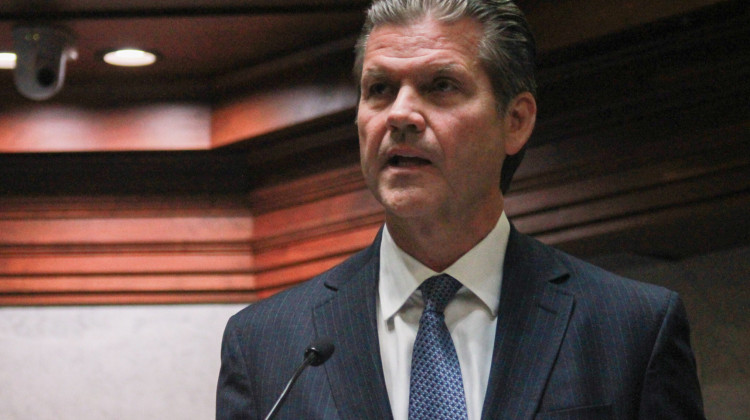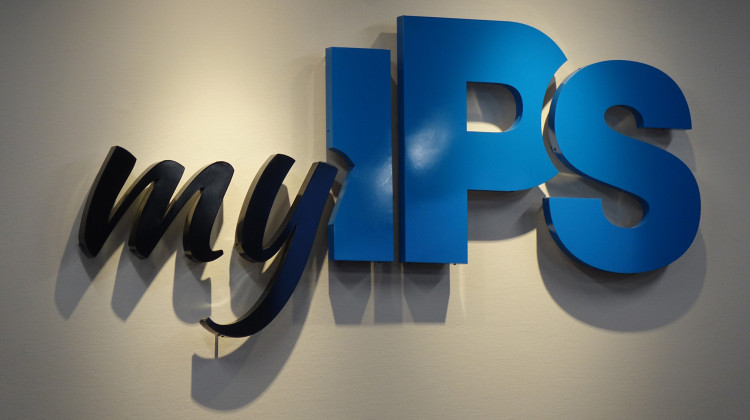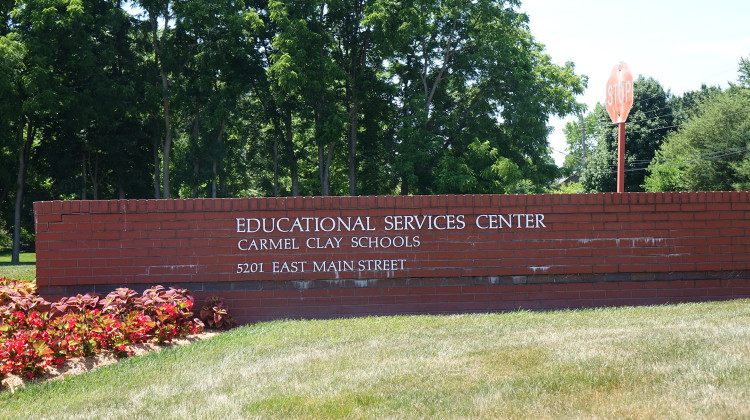New Orleans marked a milestone last week. The city's "Recovery School District" closed its remaining five public schools, making it the first public all-charter school district in the nation.
Weekend Edition Sunday's Rachel Martin spoke with Sarah Carr, an education reporter for the nonprofit Hechinger Report and author of the book Hope Against Hope: Three Schools, One City and the Struggle to Educate America's Children. In the book, published early last year, Carr tells the story of New Orleans' dramatic shift toward charter schools. On Sunday, Carr told Martin that student performance is now up in most measurable ways.
"Overall, the test scores have gone up considerably. Before Katrina, there were less than half of the city's public school students who were meeting the basic level on the state's standardized tests. And now you have close to two-thirds," Carr said. High school graduation has also risen from 54.4 percent before Katrina to 77.6 percent in 2013.
Despite these signs of progress, Carr captures a sense of loss in her book. Some in New Orleans fear that this move toward schools that are often operated by outside organizations — schools full of local black students and northern white teachers — has intensified instead of alleviated a post-Katrina feeling of dislocation in the community.
"You've seen this cycle of sort of schools opening and closing when they don't meet test score bars. And I think it's, oftentimes, the most vulnerable families that are sort of shuffled from one school that's closing to another that's going to close and don't really have stability," Carr told Martin.
"I think the theory is that it is going to be a very Darwinian type of structure, where the strong schools survive and the weaker ones are closed down," according to Carr. "But there also has to be attention paid to — if you're going to close a school, is there a better option that we can send those kids to? And are we really giving the families the tools that they need to make the best decisions for their kids?"
Recently, the Hechinger Report collaborated with Bard High School Early College in New Orleans, a satellite campus of Bard College, commissioning high school students to write editorials on school reform. The assignment was part of a class on race and the history of urban education. Students presented a range of firsthand opinions about the impact of charter schools on their education and their city.
Kenyatta Collins, who attends a charter called Lake Area New Tech Early College High School, says schools in New Orleans too often feel like prisons: "The charter schools that have opened in New Orleans since Hurricane Katrina are beyond strict. The rigid discipline structures that have been placed inside these schools are not effective. In many schools students are expected to walk in straight lines, remain silent and wear a full uniform at all times."
But Brianisha Frith, a junior at KIPP Renaissance High School, writes that an influx of young, Teach for America-trained teachers has brought a much-needed infusion of energy to her school.
"Students in New Orleans are now prospering and receiving a more high-quality education," Frith writes. "Personally, I feel more fearless than ever when attacking challenges. The New Orleans education system is rising, and much of the credit should be given to these ambitious new teachers."
9(MDEwMDc1MzM3MDEzNDczOTA0MDc1MzViMQ001))
 DONATE
DONATE









 View More Articles
View More Articles


 Support WFYI. We can't do it without you.
Support WFYI. We can't do it without you.